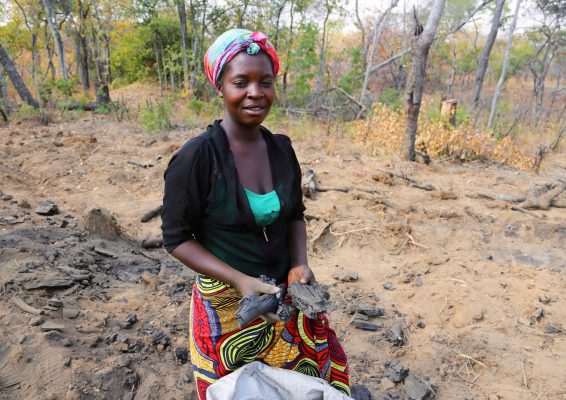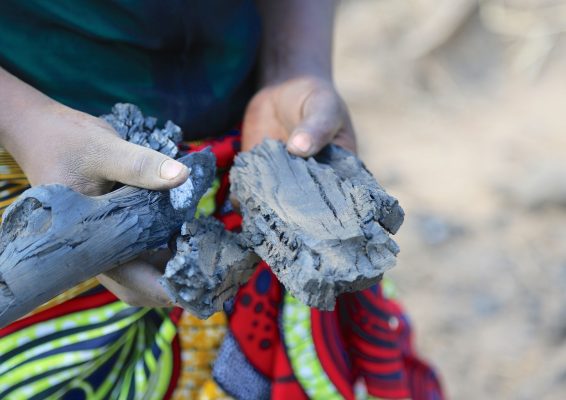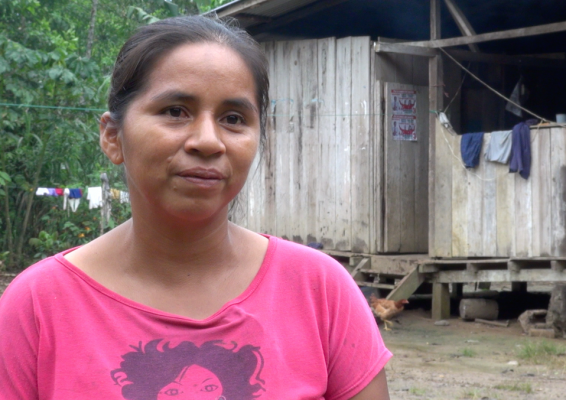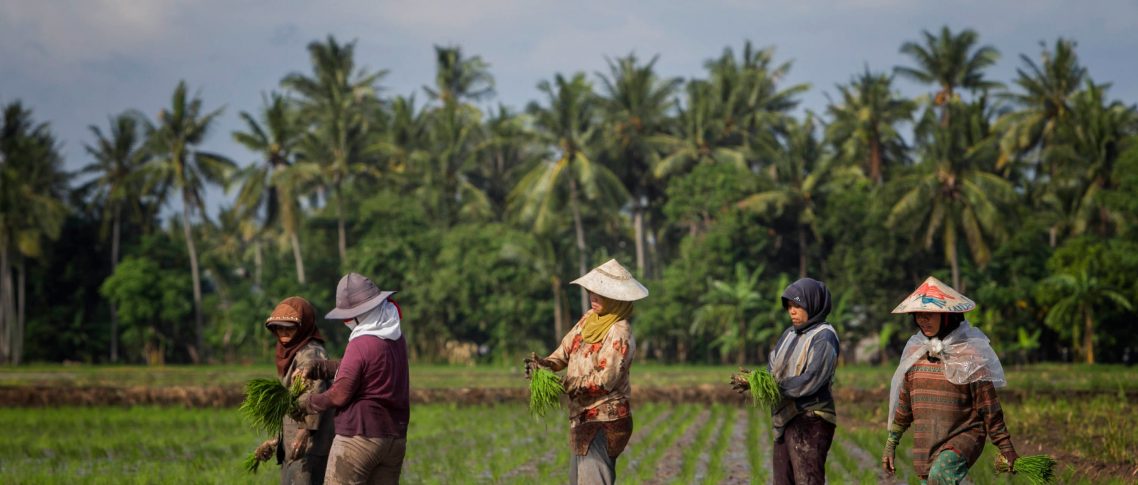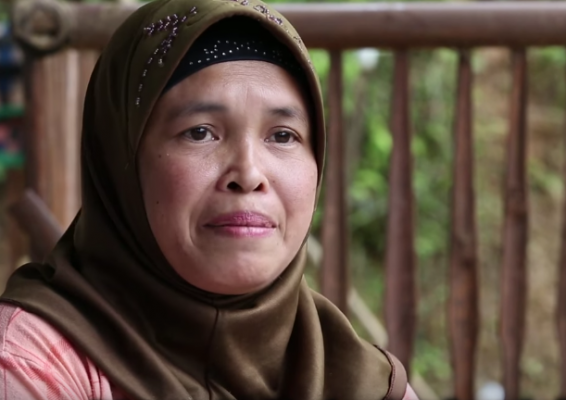We need to care about rural women.
For one, they comprise a quarter of the world’s population. In developing countries, they make up almost half of the agricultural labor force, and are responsible for producing and preparing food for their families. They are the lynchpin of global food security.
With 76 per cent of the world’s extreme poor living in rural areas, ensuring rural women’s access to productive agricultural resources is vital for mitigating hunger and poverty.
But rural women are not just conduits critical to the success of the new Sustainable Development agenda for 2030, says Dr. Bimbika Sijapati Basnett, Gender Coordinator at the Center for International Forestry Research (CIFOR). Gender equality is a goal in its own right.
CIFOR promotes a rights-based approach to gender equality, which is based on the premise that assuring the well being of all humanity is a moral and ethical imperative. This framework differs from the instrumentalist argument, which asserts that women’s empowerment will lead to better economic, environmental or social outcomes. A rights-based argument does not ignore women’s contributions to promoting development and conservation, however, it does not make the granting of rights contingent on how effectively women contribute to the latter.
“Rural women contribute immensely to their households, to their communities and to their landscapes,” says Sijapati Basnett. “But this day goes beyond acknowledging their contributions. It’s a day to simply celebrate them.”
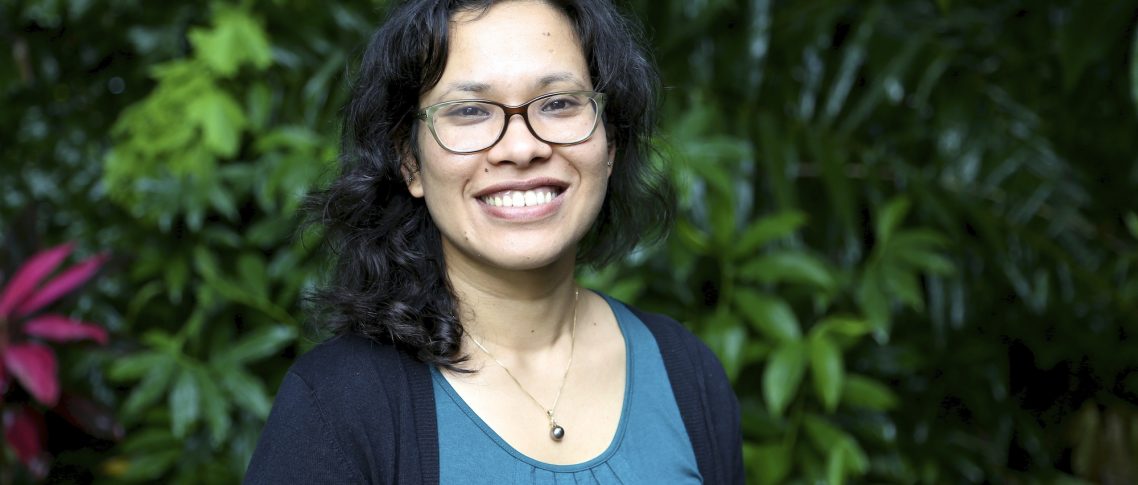
TRANSFORMING ROLES
Drawing upon her research for CIFOR, Sijapati Basnett describes the transformation of gender dynamics she has observed in rural areas.
The gender shift in labor roles is particularly visible along the charcoal value chain in rural Zambia. The country’s largely undocumented charcoal trade is huge. Estimated to contribute three percent to the national GDP, the sector informally employs half a million people- including women.
